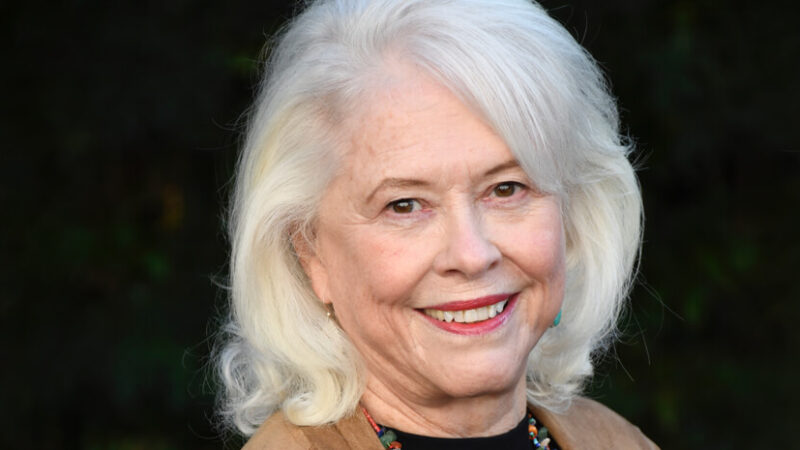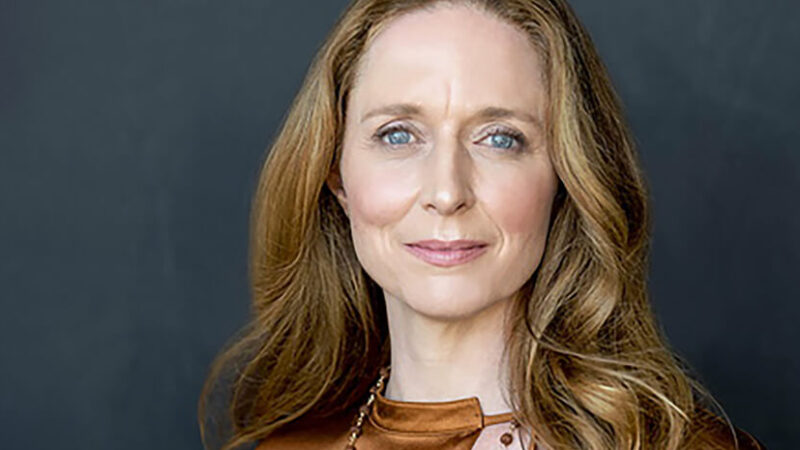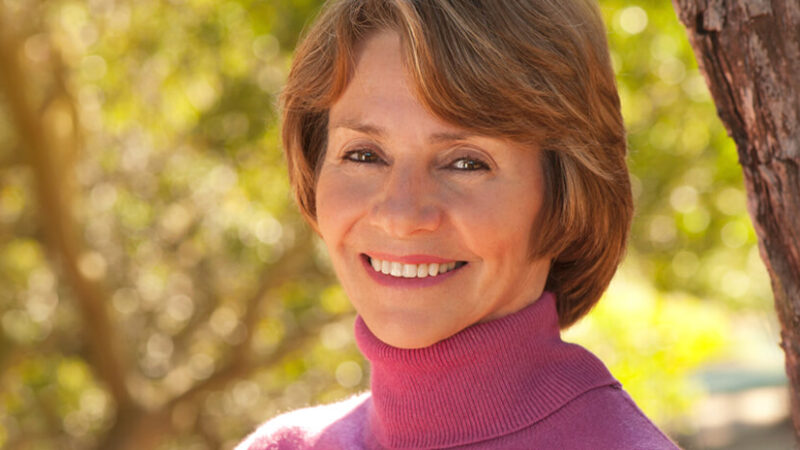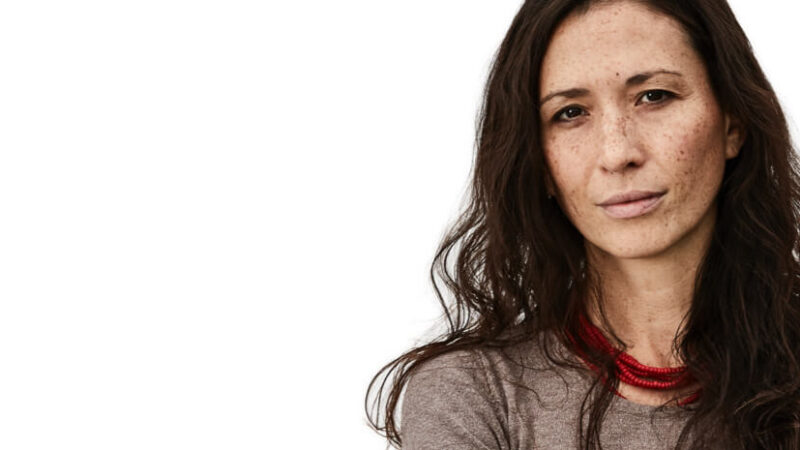-
E117: The Real Work: Letting Go from Within
Michael Singer — October 2, 2025
True spirituality isn’t about mystical experiences or lofty ideals—it’s about honestly facing...
-
Once More: Reflections on Reincarnation and the Gap Between Lives
Tami Simon — September 26, 2025
In this special reflection episode of Insights at the Edge host Tami Simon looks back on her...
-
Honey Tasting Meditation: Build Your Relationship with Sweetness
There is a saying that goes “hurt people hurt people.” I believe this to be true. We have been...
Written by:
Amy Burtaine, Michelle Cassandra Johnson
-
Many Voices, One Journey
The Sounds True Blog
Insights, reflections, and practices from Sounds True teachers, authors, staff, and more. Have a look—to find some inspiration and wisdom for uplifting your day.
Standing Together, and Stepping Up
Written By:
Tami Simon -
The Michael Singer Podcast
Your Highest Intention: Self-Realization
Michael Singer discusses intention—"perhaps the deepest thing we can talk about"—and the path to self-realization.
This Week:
E116: Doing the Best You Can: The Path to Liberation -
Many Voices, One Journey
The Sounds True Blog
Insights, reflections, and practices from Sounds True teachers, authors, staff, and more. Have a look—to find some inspiration and wisdom for uplifting your day.
Take Your Inner Child on Playdates
Written By:
Megan Sherer
600 Podcasts and Counting...
Subscribe to Insights at the Edge to hear all of Tami's interviews (transcripts available, too!), featuring Eckhart Tolle, Caroline Myss, Tara Brach, Jack Kornfield, Adyashanti, and many more.
Most Recent
Elaine Gibson: Learning from Family Systems Theory
How do you view your family of origin? Our family dynamics have a tremendous influence on how we feel about ourselves, show up in the world, and relate to others. When these dynamics are subconscious, we remain bound and encumbered by them. But when we bring them to the surface, we can engage our power to change and grow.
In this thought-provoking podcast, Tami Simon speaks with marriage and family therapist Elaine Carney Gibson about her new book, Your Family Revealed: A Guide to Decoding the Patterns, Stories, and Belief Systems in Your Family. They discuss family systems that serve each individual, making sacrifices versus being sacrificial, the metaphor of the labyrinth, healing emotional wounds, what a healthy functioning hierarchy looks like, the advice “wear beige and be quiet,” setting and maintaining clear boundaries, using disagreements as a tool for growth and connection, the parentified child, the phenomenon of triangulation in relationships, intergenerational trauma, the future of family therapy, and more.
Caverly Morgan: The Heart of Who We Are
When Caverly Morgan reentered society after eight years as a Zen monk, she was confronted with a question many of us are asking these days: Considering the enormity of the problems before us, how can one individual’s spiritual practice make a tangible difference in our world?
In this podcast, Tami Simon speaks with Caverly about her new book, The Heart of Who We Are, and the connection between self-realization and collective transformation. Tune in as they explore these topics and more: the difference between the absolute and the relative; introducing teens to inquiry practice; self-improvement vs. self-realization; the core experience of who we are in our depths; the power of community; meeting our deepest needs; “changing costumes within the dance of suffering”; connecting with others “essence to essence”; broadening public access to contemplative practices; escaping the trap of perfectionism; letting go of our conditioning, individually and collectively; egoic behaviors versus “acts of being.”
This episode first aired live and on video on Sounds True One. To watch Insights at the Edge episodes live and on video, and to access additional bonus Q&A, please visit join.soundstrue.com to learn more.
Lynne Twist: Finding Fulfillment in a Purpose Larger t...
At a time when many of us are feeling hopeless, angry, or cynical, how can we reclaim our joy and choose to see possibility instead? How can we change what we tell ourselves about our lives and our world? In this podcast, Tami Simon speaks with author and activist Lynne Twist about her new book, Living a Committed Life, and discovering the role we each must play to usher in a new era for humanity.
Tune in for an inspiring discussion of strengthening your “possibility muscle”; the power of disruption; the breakthroughs hidden in the breakdowns; choosing to tell a new story; the relationship between pain and joy; the willingness to be “proximate to suffering”; grief as medicine; the origins of the Pachamama (Mother Earth) Alliance; why everyone has a role to play in the healing of our world; finding your calling and answering the question “What breaks your heart?”; envisioning a new kind of human being, a new kind of humanity; and more.
This episode first aired live and on video on Sounds True One. To watch Insights at the Edge episodes live and on video, and to access additional bonus Q&A, please visit join.soundstrue.com to learn more.
Customer Favorites
Erin Yu-Juin McMorrow, PhD: A Regenerative Conversatio...
Dr. Erin Yu-Juin McMorrow is a certified yoga teacher, craniosacral therapist, and entrepreneur who holds a doctorate in policy planning and development from the University of Southern California. She studied political and social thought at the University of Virginia and served as the director of housing policy with the Los Angeles Coalition to End Hunger and Homelessness. With Sounds True, Dr. McMorrow has published the book Grounded: A Fierce, Feminine Guide to Connecting with the Soil and Healing from the Ground Up. In this podcast, Sounds True founder Tami Simon speaks with Erin about regenerative agriculture and the connection between healing the soil and healing our souls, understanding climate change and the carbon cycle, honoring the divine feminine, the practice of “putting your feet on the earth,” growing your own food as an act of revolution, and more.
A.H. Almaas: Endless Enlightenment
A.H. Almaas is the pen name of of Hameed Ali, the author of more than 14 books, founder of The Ridhwan School, and creator of the “the Diamond Approach” of spiritual inquiry and development. With Sounds True, Hameed has created a new online course called Endless Enlightenment: The view of totality in the Diamond Approach. In this episode of Insights at the Edge, Tami Simon and Hameed converse on the markers one can recognize on the path to enlightenment—and beyond. They talk about how nondual realization isn’t the endpoint of the spiritual path, and how setting goals for that journey may do more harm than good. Finally, Hameed explains his teaching of the view of totality, its development over a span of 20 years, and why he’s decided to share it now with the world.
(67 minutes)
Here in this body are the sacred rivers…
The commitment to our immediate embodied experience is the most radical commitment we could ever make. To commit to this life – right here, right now, as it is – is the unbearable and direct path into the love and freedom that we all so long for. When sadness comes calling, grief appears, shame arrives, anxiety comes for tea, do not mistake them for ordinary visitors, for they have been sent from beyond. Inside every feeling, each sensation, and every flow of emotion is a secret doorway into the center of the heart. Let us allow these guests to reveal to us their gifts, turning toward them, for they have come to show us the way home.
In the words of the great tantric sage Saraha, “Here in this body are the sacred rivers: here are the sun and moon as well as all the pilgrimage places… I have not encountered another temple as blissful as my own body.” Whatever we are offered in this day – the beautiful, the challenging, the heartbreaking, the painful, the difficult – let us allow this life to touch us in the most unprotected way. Let us somehow be willing to risk everything for this one and only rare experience, allowing each and every person we meet to matter deeply.

Let us make this pilgrimage into and through the cells of our heart, learning its secrets; and through the strands of our DNA, sailing down the sacred rivers which make up this precious human body. And, finally, let us behold the movement of love as it washes through every organ, reorganizing our entire somatic sensual reality into a vessel of kindness and attuned empathic presence, filled with a profound care for this life and for all beings everywhere.





